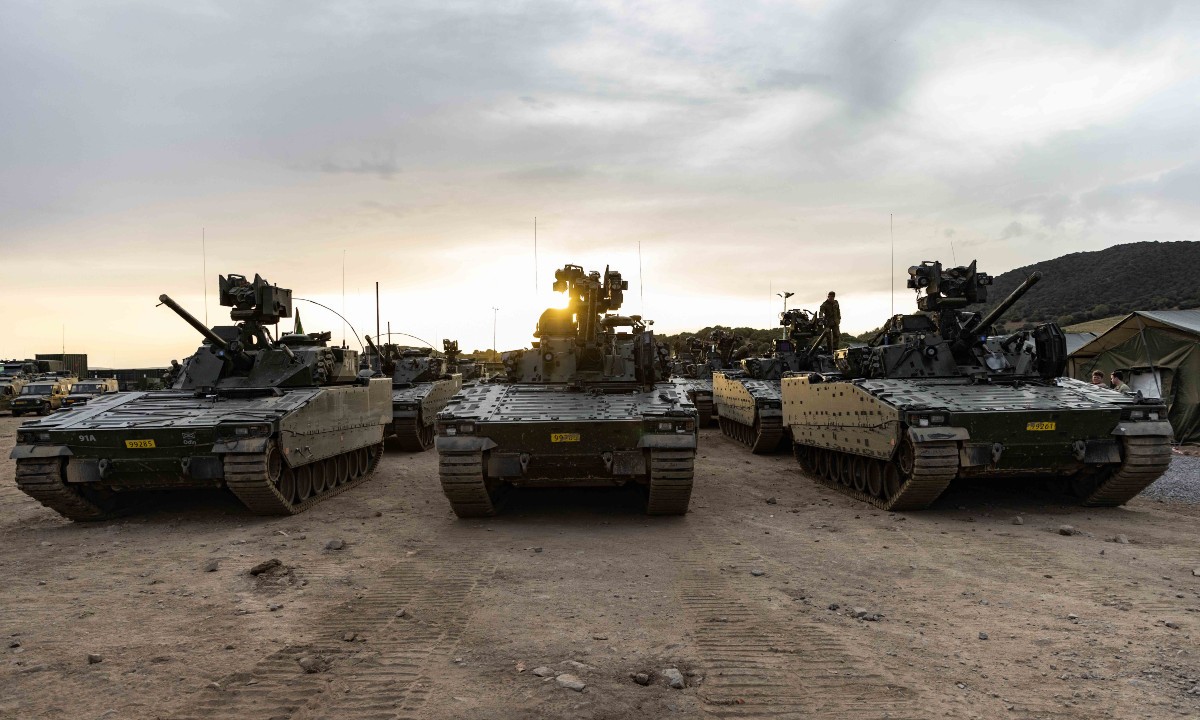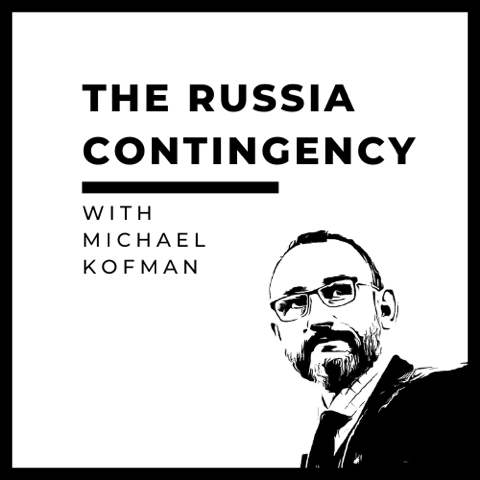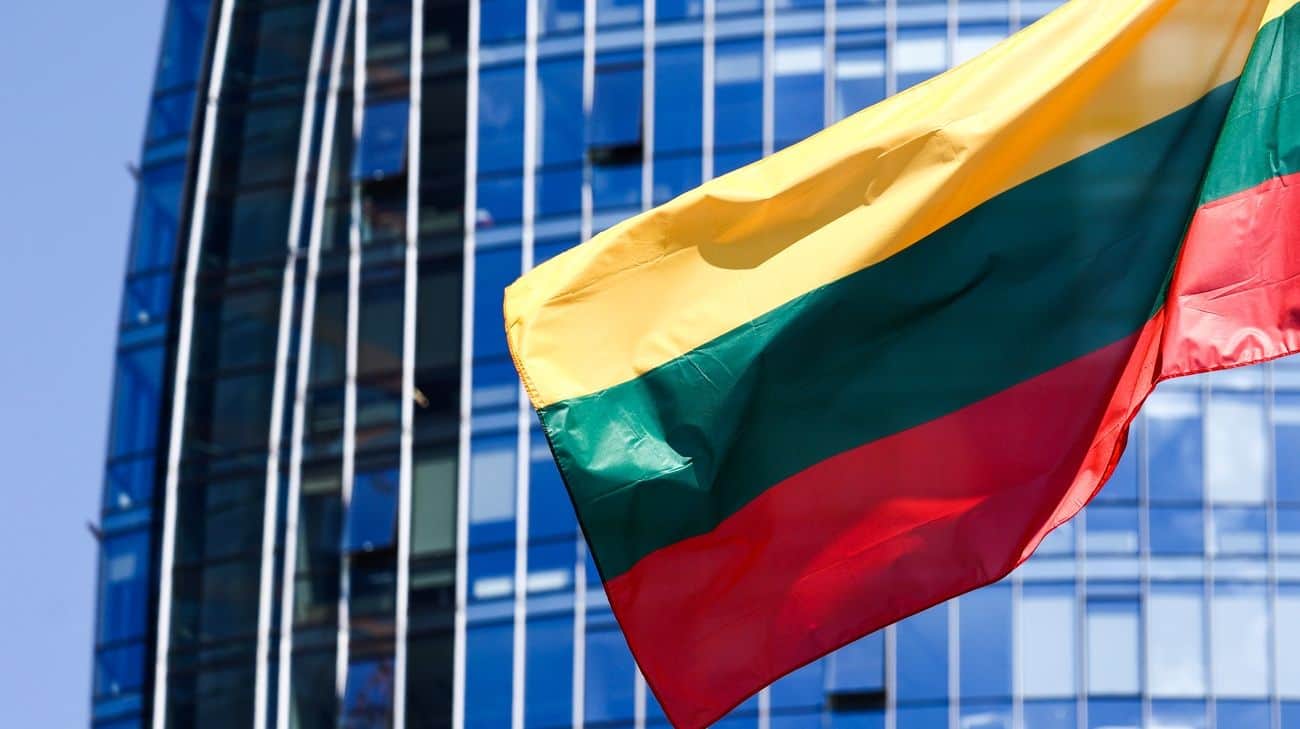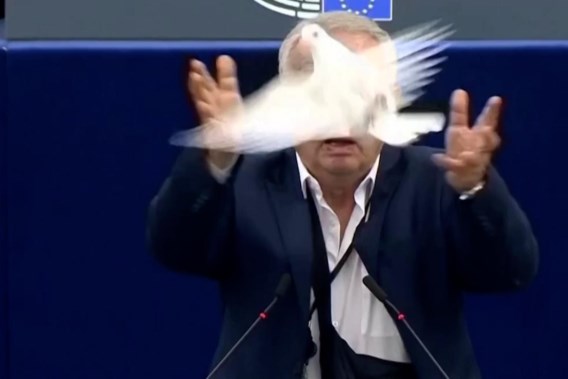Current situation
Steadily negative trajectory since fall of Avdiivka. Russia is gaining a few kilometers every couple of weeks, and is past the secondary line Ukraine was holding behind Avdiivka and is slowly inching towards the main fallback line Ukraine plans to hold.Russia has advanced to the outskirts of Chasiv Yar where Ukraine is holding a canal. Chasiv Yar situation is not good. Ground attack aircraft fly freely. Air defense has been degraded to where Russia can not only drop glide bombs, but can also perform close air support missions. Chasiv Yar is important because it is high ground west of Bakhmut. If it falls then Russia can hit a lot of the roads, lines of communications, and towns. Overall strategy of Russia is to attack the main transit hubs and population centers. If Russia can take these places then it will make the defense of Donetsk very difficult. It seems like Russia is creeping forward now, but it could result in gradual and then very fast advances.Russia is taking heavy losses, especially in mechanized equipment and casualties. There is still likely to be another offensive or "surge of effort" in late spring or early summer which will be extremely challenging. Ukraine is trying to build defenses: a forward main line, a secondary line of fortification points, and a third line defending population centers.
Air defense
Ukraine started the war with a massive soviet inheritance of air defense and has gone through a lot of it. Ukraine was given a lot of Western air defense, but has to decide to use these to defend cities, critical sites (airfields, power plants, facilities), or the 1000km front line. Ukraine is using mobile air defense (gun crews) to intercept drones but that doesn't help with many of the problems. It is responsible for probably 40% of missile and drone intercepts.No one wants to give away their air defense. Ukraine is arguing that if these systems aren't to defend against Russia then why are they even in Europe? Secondary issue is that no one who produces air defense produces ammunition for the systems in large quantities. No one wants to make the infrastructure investments to produce far more because they might not be purchased after this war.
Impact of the new aid package
Most essential thing it does is buy time. Hopefully it will be enough ammo for a year or longer. It will help stabilize the front line which is priority #1. It will allow Ukraine to give more ammo to those on the front lines and help with the fire disparity Russia has. Important to note Ukraine will not have a fires superiority. It will maybe take the disadvantage from 6 to 1 down to 3 to 1.
What does stabilized front line mean?
On a front line this long, Ukraine will need to retreat in areas. Stabilizing means that Ukraine can secure key transit hubs so that no part of the line is at high risk of collapse. It's often difficult to tell if the line is stabilized.
After the frontline is stabilized
Hopefully the aid package will help reconstitute the military: equip new units, maintain equipment which is falling into disrepair.Hopefully by reducing the fires disadvantage, Ukraine can get a quality advantage, especially through the use of precision strike systems. Unfortunately the effectiveness of these systems drops significantly over the course of a war. Best case scenario is that Ukraine is able to create some form of offensive potential and take initiative sometime next year. Ukraine is behind the timeline for what Kofman was hoping late last year, making this less likely, but the potential is there. (Manpower is going to be the biggest issue by far.)
What happens if future aid packages don't come through?
It's unlikely that another 60 billion aid package is passed. However, the West as a whole will be producing more ammo next year, and Russia's relative advantage is likely to decrease over time. (Aside: Russia is not acting like time is on their side. They could be holding back and hoping that Trump gets elected or something else, but they are not. Their behavior gives the impression that they are in a hurry.)
If USA were to back out completely, it would be very bad. They lead the efforts, provide the "overwhelming percentage" of ammo. Hopefully if USA left, Europe would pick up the pace, but it would still be bad.Kofman is wary that the people involved in the ammo initiatives could be conveying an overly optimistic timeline. It would be good if the upcoming election, and the growing focus on the Pacific, caused Europe to take greater initiative in their own defense.
Ukraine's mobilization laws
Ukraine needs several hundred thousand men. They need to mobilize at a much higher rate than they have been. Efforts like sending the territorial defense brigades, which are the oldest men serving in the military, brings the average age in the army up even though it was already high to begin with. These kind of demographics issues need to be addressed. The minister in charge of this also has his own vision of bringing Ukraine to be more in line with how the west handles recruitment. The demobilization bill was removed from the law, to be debated over the next few months. (This is likely because Ukraine fears if they enabled this now they would lose too much of the military too soon.)The laws are an indicator that Ukraine is moving in the right direction, although several months late. Currently there is a discussion of how to help Ukraine train troops in Ukraine, and how many can go to western countries to train. This is a year long project. Last year we saw what training brigades for 3 months and sending them out gets you. This time it's about addressing structural issues which were always a problem. Hopefully this puts Ukraine in a better position in 2025.
Final thoughts
What is going to happen between now and June?Big question is can Ukraine stabilize the front line. Will there be a large Russian offensive, or more of what is going on now with some surges?Ukraine is juggling many things right now. Will USA aid to Ukraine continue next year? It is possible that the war enters an unrecoverable trajectory, and that whoever is in office next year can't even do much about it. If Ukraine can hold their line, then they enter 2025 in a much stronger position.




